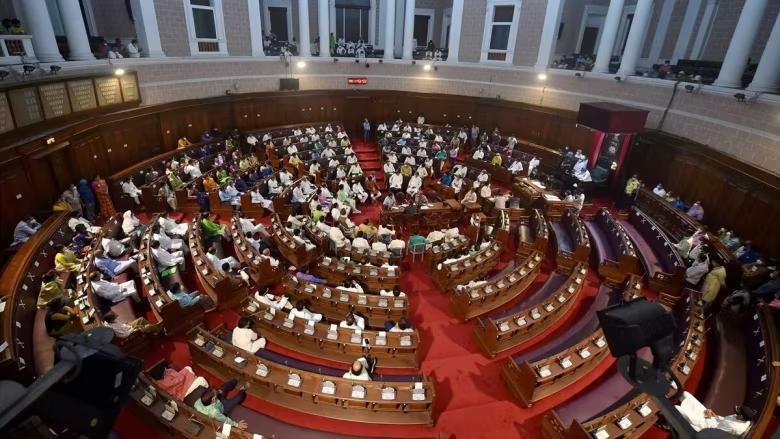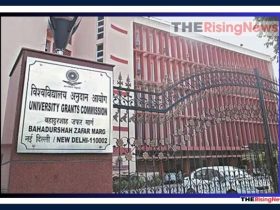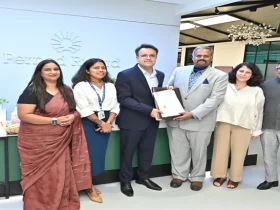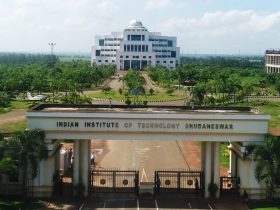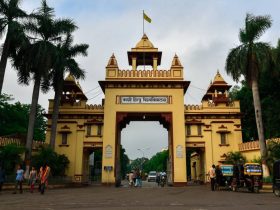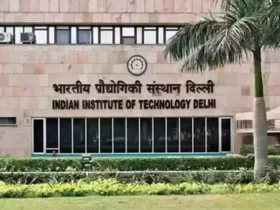KOLKATA, July 25, 2024 — The West Bengal Assembly passed a resolution on Wednesday to replace NEET-UG (National Eligibility cum Entrance Test-Undergraduate) with a state-conducted Joint Entrance-Medical exam. The resolution, calling NEET-UG an “education scam,” aims to regain local control over medical entrance exams to ensure transparency and fairness.
West Bengal Assembly Passes Resolution Against NEET-UG
- West Bengal Assembly, led by the Trinamool Congress (TMC)
- Passed a resolution against NEET-UG, proposed reinstating state-conducted Joint Entrance-Medical exam
- Kolkata, West Bengal, India
- July 24, 2024
- Concerns over NEET-UG’s transparency, fairness, and the National Testing Agency’s (NTA) credibility
- Through legislative resolution and assembly discussion
West Bengal Assembly Developments
State Minister for Parliamentary Affairs Sobhondeb Chattopadhyay moved the resolution, emphasizing the need for West Bengal to regain control over medical entrance examinations. “NEET-UG is the biggest scam in the Indian education sector,” Chattopadhyay declared, advocating for a separate state-conducted exam to ensure greater transparency and fairness.
Supporting Voices
Education Minister Bratya Basu supported the resolution, highlighting historical opposition to NEET from various states. “In 2010-11, the UPA government tried to implement NEET, undermining the federal structure. States like Tamil Nadu, Kerala, Gujarat, and West Bengal protested,” Basu noted.
Basu raised concerns about the NTA’s handling of NEET-UG, particularly regarding the allocation of grace marks. “The NTA’s credibility is in question. Why were grace marks awarded indiscriminately? This raises serious concerns,” Basu stated. He pointed out inconsistencies in scoring trends and questioned the NTA’s capability to manage the examination process effectively.
Impact West Bengal Assembly
The resolution emphasizes the need for a state-managed examination system, which proponents argue would better address local educational needs and maintain higher standards. This proposal comes amid widespread dissatisfaction among students and educators with the current NEET-UG system.
“After NEET was transferred to the NTA, there have been numerous protests from students and the medical community,” Basu remarked. He also noted the cancellation of other exams under the NTA’s purview, such as UGC NET, NEET-PG, and CSIR NET, citing these as further evidence of the agency’s shortcomings.
Future Prospects
The resolution passed by the West Bengal Assembly now awaits further action and potential implementation. If adopted, West Bengal could see a significant shift back to a more localized approach to medical entrance examinations, potentially setting a precedent for other states dissatisfied with the NEET-UG framework.
The West Bengal Assembly’s resolution against NEET-UG underscores the ongoing debate about the best approach to medical entrance exams in India. By advocating for the reinstatement of a state-conducted Joint Entrance-Medical exam, the assembly aims to ensure a fairer and more transparent process for aspiring medical students.
For more information on the resolution and its implications, visit the official West Bengal Assembly website.
More
- JSSC Postpones JMLCCE 2024 Scheduled for July 28 Due to Unavoidable Reasons; New Date Soon
- Delhi University MA Urdu Syllabus Pending Executive Council Approval: Kabir’s Couplets Proposed for Inclusion
- JEECUP Counselling 2024: Round 1 Cut-Off Announced for Polytechnic Institutes in Uttar Pradesh, Check @jeecup.admissions.nic.in
- Arunachal Pradesh Budget 2024-25: Deputy CM Presents Rs 993-Crore Deficit, Focus on Infrastructure and Human Resources

